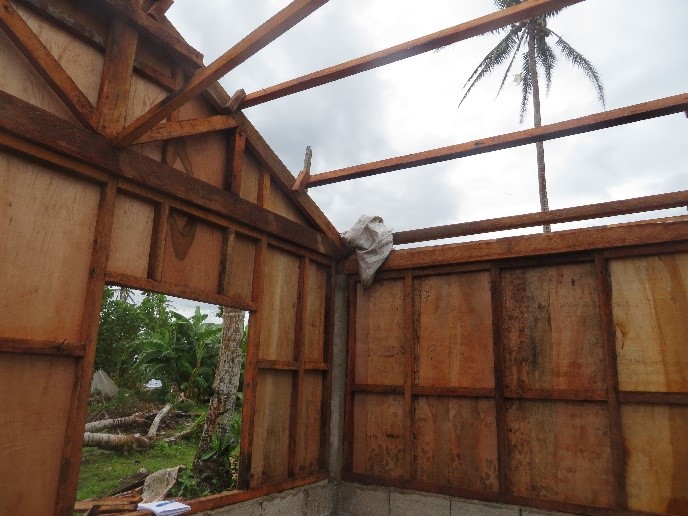Reconsidering disability data in humanitarian action
Without data we cannot accurately measure or effectively plan. To ensure humanitarian responses to disasters and conflicts are inclusive, we need data to identify people with disability, understand needs, design appropriate assistance, and measure impact.

Just over twenty years ago, the Washington Group on Disability Statistics was established to improve the collection of disability data. The question sets developed provide a standardised and practical way to measure differences in participation and opportunities between people with and without disability. The questions are recommended for reporting progress on 2030 Agenda commitments to leave no one behind and in guidance and standards for disability inclusion in humanitarian response.
Adoption of the Washington Group questions in the humanitarian sector has been slow and patchy- as has the collection of disability data in general. The Washington Group questions allow us to identify people with disability, but they do not identify the needs a person with disability may have. Despite this, discussions of disability data in humanitarian action rarely move beyond the Washington Group questions. This is a concern.
In partnership with the Australian Red Cross and Life Haven Center for Independent Living, the Nossal Institute has been reconsidering current approaches to disability data in humanitarian action.
The Preparing Actionable Data for Inclusive Shelter project (PADIS) worked with humanitarian shelter experts from the Global Shelter Cluster to understand their disability data needs, the challenges they face, and pathways forward. Data was collected through a Delphi process in which experts took part in rounds of questions. Each round built on the responses from the previous round. Key findings and recommendations from the research include:
- There is a need for more focused and activity specific guidance on disability data. This contrasts with current guidance that is largely generic and aimed at the humanitarian sector as a whole.
- Guidance and trainings on disability data need to be better contextualised in line with operational realities and different shelter assistance options and modalities.
- Consider at what stages of a response activity it may be more impactful to prioritise the identification of access and support needs over the identification of disability.
- Shift advocacy and knowledge building efforts on disability data from the global to national and sub-national levels.
- Institutional barriers within the shelter sector remain a barrier to change and the adoption and effective use of currently available tools. These barriers should be addressed as a preparedness priority.
- Address differences in data priorities and understandings between shelter professionals and disability stakeholders.
Our findings point to a wider issue.
Guidance on disability inclusion has played an important role in raising awareness of the need for greater inclusion of people with disability. However, the content of much of that guidance has changed little over the last two decades. With increasing professionalisation and specialisation within humanitarian action, there is a need for guidance and advisories on disability inclusion to keep pace and better address specific operational contexts and increasing complexity.
We will be publishing the full findings in the coming months, so please keep an eye on our social media @NossalInstitute
We would like to thank all Delphi participants for their time and generous sharing of expertise.
Preparing Actionable Data for Inclusive Shelter (PADIS) is funded and supported by Elrha's Humanitarian Innovation Fund (HIF) programme, a grant making facility which improves outcomes for people affected by humanitarian crises by identifying, nurturing and sharing more effective, innovative and scalable solutions.
Elrha's HIF is funded by aid from the UK Foreign, Commonwealth and Development Office (FCDO).
Elrha is a global charity that that finds solutions to complex humanitarian problems through
research and innovation.
Dr Alex Robinson's experience crosses applied development research, policy and practice. Alex is engaged in disability inclusion in disaster risk reduction (DRR) at the regional and international policy level.